New Scientist covers the latest developments in science and technology that will impact your world. New Scientist employs and commissions the best writers in their fields from all over the world. Our editorial team provide cutting-edge news, award-winning features and reports, written in concise and clear language that puts discoveries and advances in the context of everyday life today and in the future.
Elsewhere on New Scientist
The ultimate brain challenge • We can all build a better brain, but we are going to have to put in the work
New Scientist International Edition
Ring of fire burns across US skies
Drones killing without oversight? • Ukraine is using drones that can identify and attack targets without any human control. It is the first confirmed use of autonomous weapons on a battlefield, reports David Hambling
Vacuuming can reduce wildfire air pollution in homes
Site used by ancient humans was also a latrine for giant hyenas
High-dose vitamin D could cut your risk of being hospitalised
Student uses AI to decipher word in ancient, closed scroll
Earth’s core is oddly squishy and we may now know why
Analysis Nuclear arms race • Will countries resume nuclear bomb tests? As global tensions rise, there are signs Russia, the US and China want to reawaken weapons programmes, says Matthew Sparkes
Brain mapped in most detail ever • A major research initiative has catalogued thousands of types of human brain cell and their locations, producing a resource that should help study neurological conditions, finds Clare Wilson
Artificial intelligence is helping us build a periodic table of shapes
Inventions based on threatened animals are on the rise
Discarded toys produce more electronic waste than vapes
Asteroid Bennu contains key ingredients of life
Early humans lived at high altitude as much as 2 million years ago
Climate change may be improving Bordeaux wines
Two giant planets collided and vaporised in a distant star system
Blood test tweak could make intensive care treatment safer
Viking queen was a powerful figure
Melt dust to make roads on the moon
Female frogs sometimes play dead to avoid mating
Really brief
Reinventing education • Instead of panicking about students using ChatGPT to cheat, we should be using AI to rethink how we learn, argues Okezue Bell
No planet B • Something smells fishy I knew there were problems with sea-farmed salmon, but after seeing the damage inflicted by life in an ocean pen, I will never buy it again, says Graham Lawton
Magnifycent
Your letters
Missing stars • A disdain for misogyny shines through in this rich history of women’s underappreciated contributions to astronomy, finds Bethan Ackerley
Taking a hammer to it • An eye-opening read traces today’s collective rage against big tech back to the Luddite uprising, says Jeremy Hsu
New Scientist recommends
The games column • Worlds within worlds Interesting, mind-bending puzzles abound in Cocoon – some so clever they will make you gasp. With visuals reminiscent of H. R. Giger, don’t miss out on one of the biggest gaming treats of the year, says Jacob Aron
Brain bank • Your brain can build a buffer against dementia and cognitive decline. We are finally getting to grips with the mechanisms of this cognitive reserve, opening up new ways to boost it, finds Anthea Rowan
What is killing urban trees? • The trees that line our city streets are dying in droves. Boosting their microbiomes could help them live longer, says James Dinneen
Help your street trees
Seven wonders of the Milky Way • Astronomer Matthew Bothwell is your guide on a tour of our galaxy’s most spectacular,...
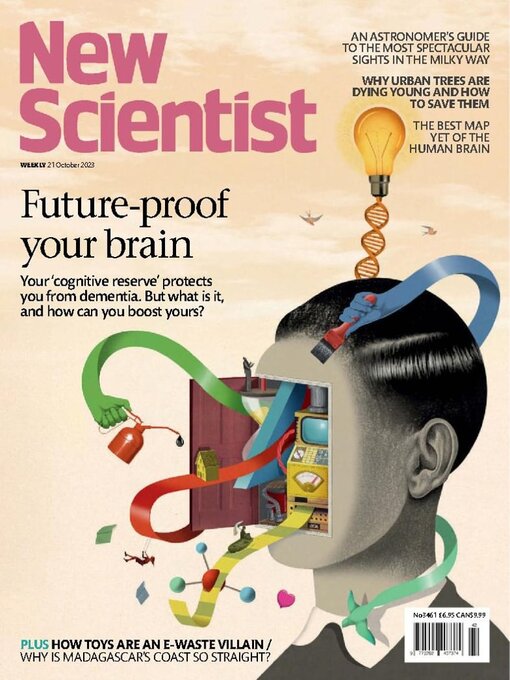
 Apr 05 2025
Apr 05 2025
 Mar 29 2025
Mar 29 2025
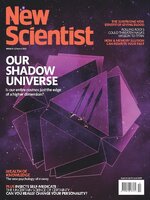 Mar 22 2025
Mar 22 2025
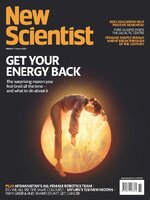 Mar 15 2025
Mar 15 2025
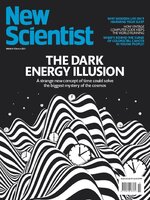 Mar 08 2025
Mar 08 2025
 Mar 01 2025
Mar 01 2025
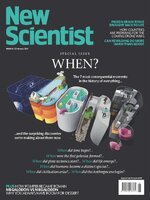 Feb 22 2025
Feb 22 2025
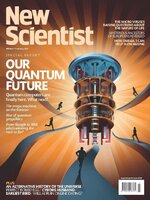 Feb 15 2025
Feb 15 2025
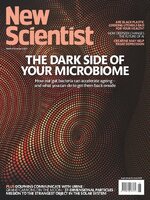 Feb 08 2025
Feb 08 2025
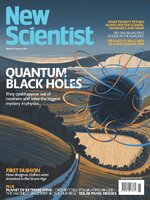 Feb 01 2025
Feb 01 2025
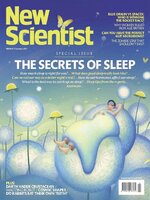 Jan 25 2025
Jan 25 2025
 Jan 18 2025
Jan 18 2025
 Jan 11 2025
Jan 11 2025
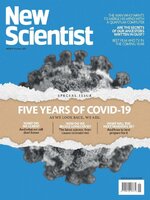 Jan 04 2025
Jan 04 2025
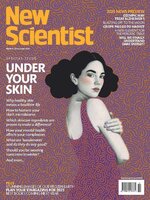 Dec 28 2024
Dec 28 2024
 Dec 14 2024
Dec 14 2024
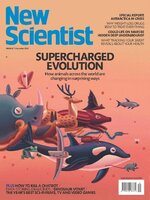 Dec 07 2024
Dec 07 2024
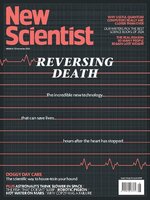 Nov 30 2024
Nov 30 2024
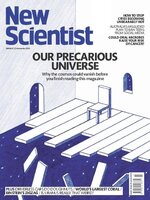 Nov 23 2024
Nov 23 2024
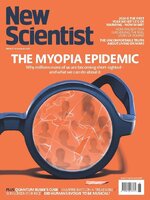 Nov 16 2024
Nov 16 2024
 Nov 09 2024
Nov 09 2024
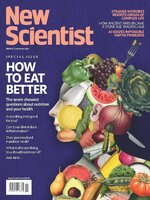 Nov 02 2024
Nov 02 2024
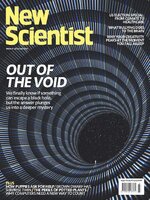 Oct 26 2024
Oct 26 2024
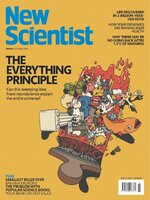 Oct 19 2024
Oct 19 2024